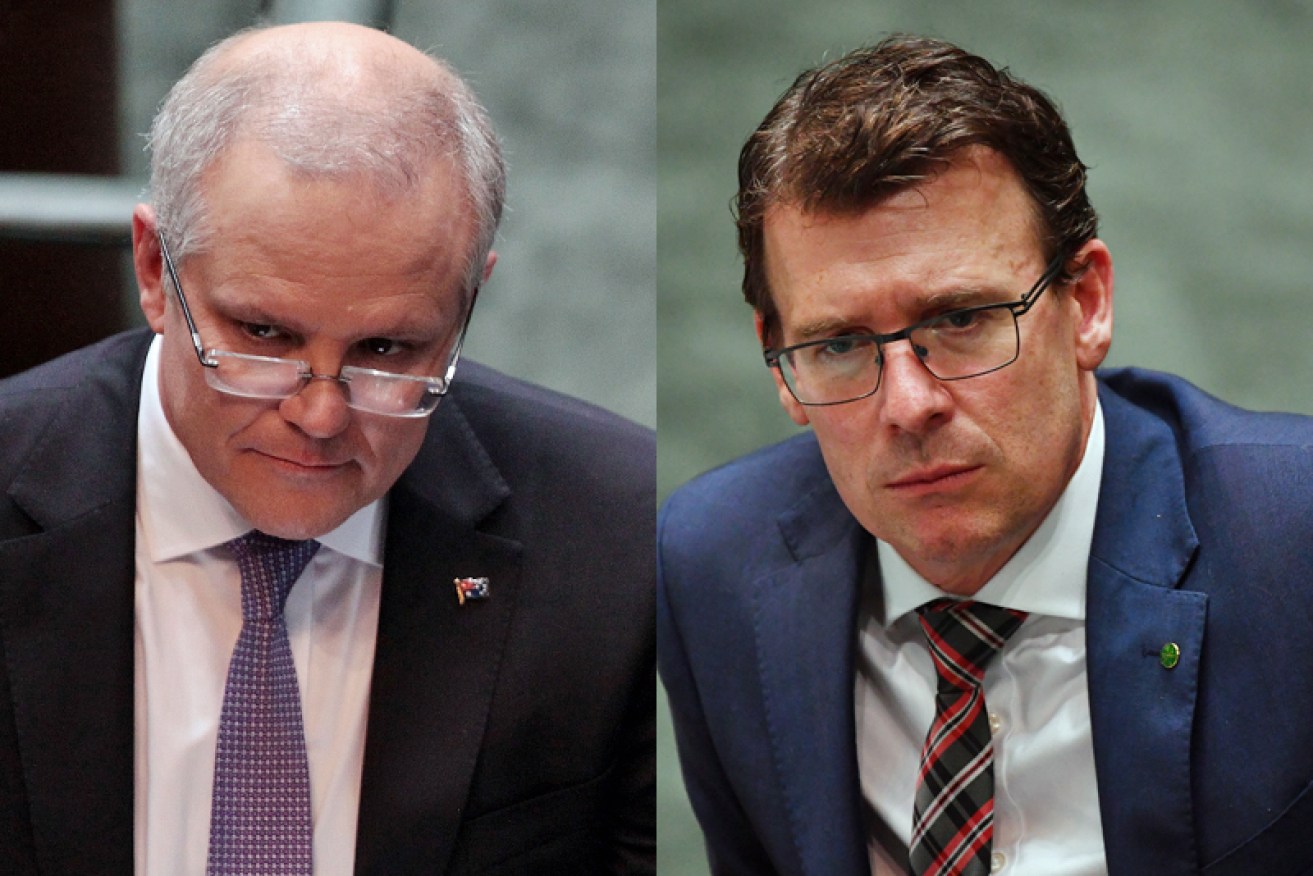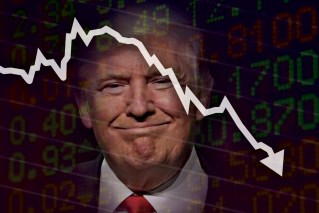Coalition denies poverty, inequality are major issues

The reaction has not been kind. Photo: Getty
Coalition ministers have denied poverty and inequality are major problems in Australia, leaving themselves wide open to accusations of being “out of touch”.
Treasurer Scott Morrison hit out at Labor leader Bill Shorten on Monday, dubbing his claim of rising inequality a “lie”.
“I don’t accept that … inequality and incomes have been going in the wrong direction,” he told ABC radio.
Mr Morrison’s argument was that the Gini coefficient, a globally accepted measure of inequality, “actually got better” based on last year’s census.
The Australian Bureau of Statistics declined to provide those figures, telling The New Daily they were not due for publication until August.
Mr Shorten started the war of words by pledging last week to make combatting rising inequality Labor’s “defining mission” if he wins the next election.
Human Services Minister Alan Tudge also joined the argument last week when, in a speech, he refused to increase the value of welfare payments. He said government should target the “pathways to poverty” rather than trying to solve “modern poverty” by giving more money to the unemployed.
It is cold comfort for Australians who are out of work, struggling to get pay rises and secure jobs, eking out an existence on poverty-level welfare, and trying to keep pace with house prices and power bills.
The anger at Mr Morrison and Mr Tudge rivalled the moment Deputy Prime Minister Barnaby Joyce dismissed the housing affordability crisis as “bullsh*t”. Social media and online comments sections have branded them “arrogant” or worse.
ACTU national secretary Sally McManus claimed the comments showed the two politicians were “completely out of touch”.
“The closest they would get to understanding the experiences of the majority of Australians is being briefed on the results of Liberal Party focus groups,” she told The New Daily.
“Neither man obviously understands what it’s like to never have a paid sick day or a paid holiday, be told to get an ABN and to worry every week whether they will have enough work or when that work will come.”
While the Treasurer may be right that some measures of inequality are improving, the economy in 2017 is very different to the years following 2007 when the world was shaken by the worst financial crisis in a generation.
The jobless rate is improving today, but wage growth remains stagnant and underemployment is the highest on record. Many Australians feel they’re going backwards in part because of the lingering effects of the crisis.
Research by the Reserve Bank of Australia has found that bottom-income earners are worst affected by economic downturns, such as the GFC, because they are most at risk of unemployment and underemployment.
 The study measured which quintile (20 per cent) of earners was most sensitive to fluctuations in economic growth, based on data collected by the University of Melbourne.
The study measured which quintile (20 per cent) of earners was most sensitive to fluctuations in economic growth, based on data collected by the University of Melbourne.
The wages of the bottom 20 per cent of Australians rise the most in strong economic conditions and fall the most in poor conditions, probably because of “transitions into and out of employment”, the RBA study found.
“The effect on bottom-income earners appears to be stronger than that on top-income earners, suggesting that income inequality declines when economic conditions are strong.”
The study found the middle class was less affected by crises than the top 20 per cent because the government gave them a helping hand.
But low-wage earners “receive less of a buffer against aggregate shocks through government payments”, causing them to suffer more than the middle class.








